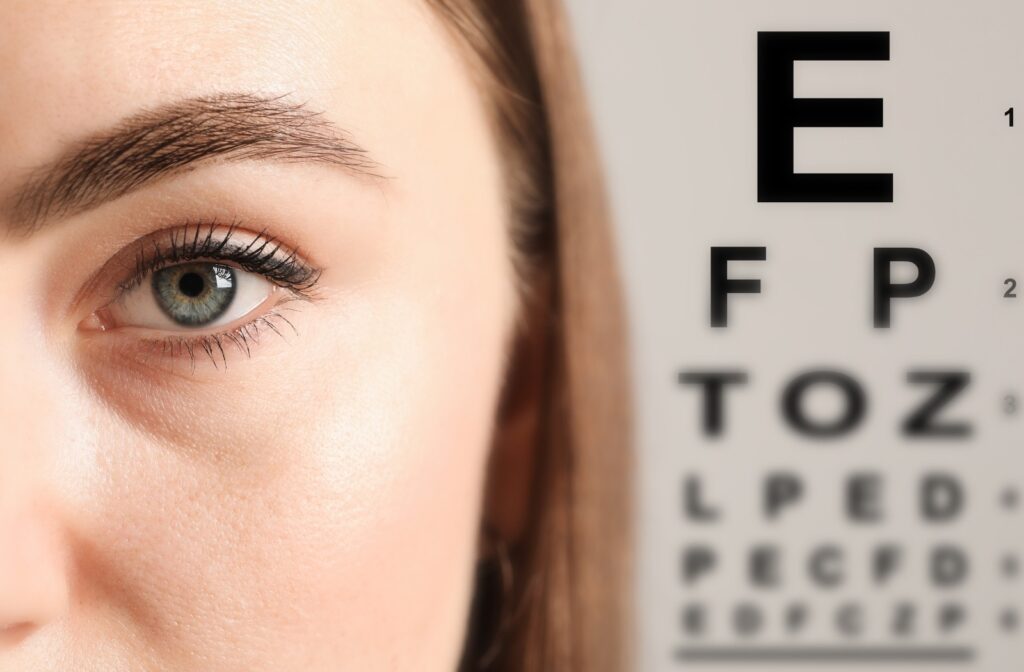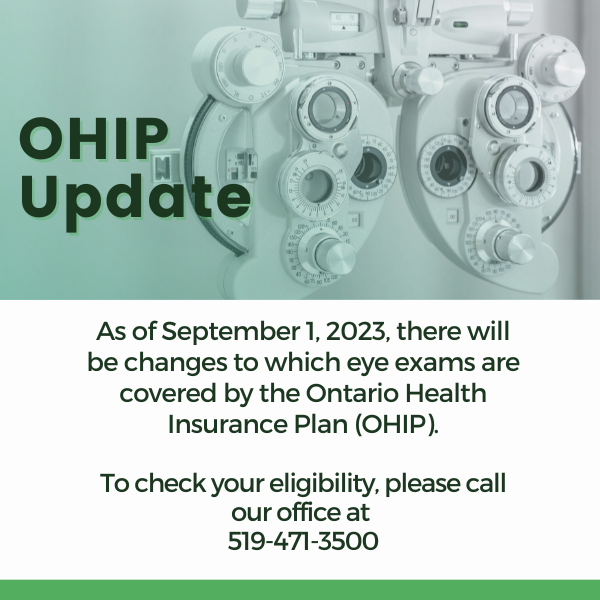Genetics play an important role in the way our eyes develop and function. Just as you may inherit your hair colour or height from your parents, you can also inherit traits that influence your eye health. Some genetic factors affect simple things like eye colour, while others can increase the likelihood of developing conditions such as glaucoma, macular degeneration, or even certain types of retinal disease. Understanding this connection helps us see why family history matters so much when it comes to protecting your vision.
Family History Matters
For optometrists, genetics provide valuable insight into a patient’s eye health. When you come in for an exam, your optometrist will often ask about your family history. If conditions like glaucoma or macular degeneration run in your family, it doesn’t mean you will definitely experience them, but it does mean that your risk may be higher. Knowing this allows your optometrist to monitor your eyes more closely, recommend lifestyle adjustments, or start preventative care early on.
The Importance of Regular Eye Exams
One of the best ways to protect your eyes, regardless of your genetics, is to schedule regular eye exams. Many eye diseases develop slowly and without noticeable symptoms in the early stages. With modern technology, optometrists can detect changes in your eyes before you notice vision problems, making early treatment much more effective. Even if your family has no known history of eye disease, regular check-ups help catch changes in your vision early.
Common Questions Answered
Many patients wonder about the role of genetics in their vision. Some common questions include:
Can genetics cause blindness?
While genes can increase your risk for certain conditions, not everyone with a genetic risk factor will lose vision.
Are genetic eye diseases treatable?
Many conditions can be managed effectively with early detection and treatment.
Should you get tested for genetic eye conditions?
In most cases, a thorough eye exam and family history review provide enough information, but in some situations, your optometrist may recommend genetic testing or refer you to a specialist.
How Family History and Care Work Together
Ultimately, your family history is an important piece of the puzzle, but it doesn’t determine your entire eye health journey. Lifestyle choices, regular exams, and proactive care all work together to protect your vision.
If you have concerns about genetics and your eyes, the best step you can take is to talk with your optometrist. They can provide guidance tailored to your personal and family history. Book your exam today.



